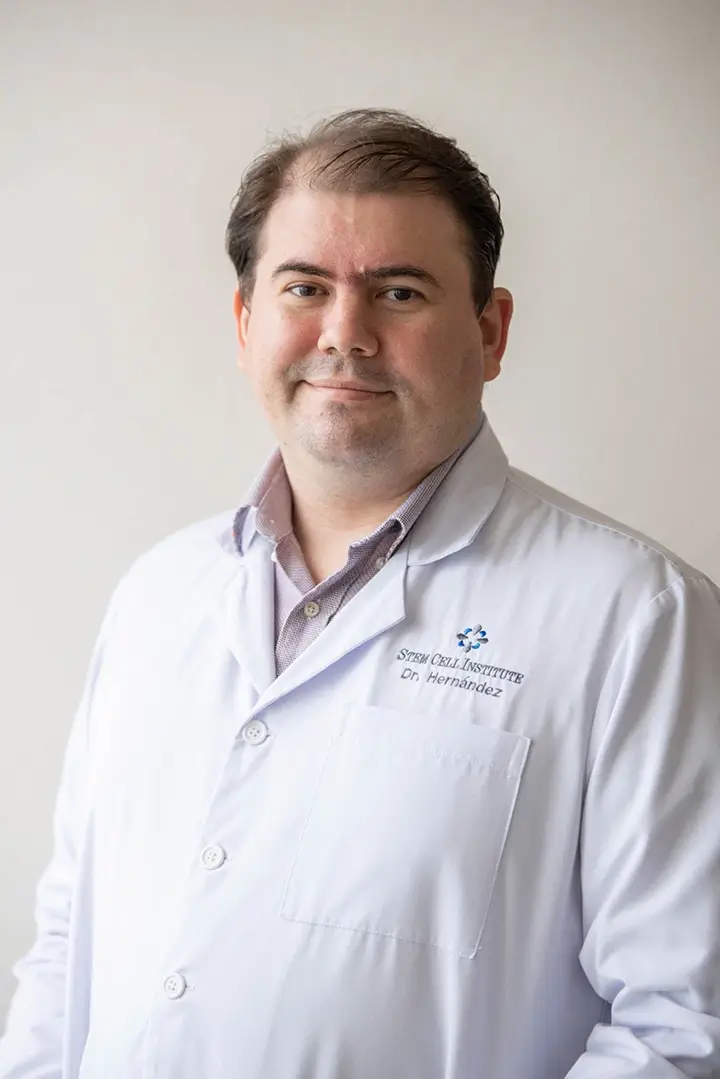Stem cells are known to reside in most types of tissue throughout the adult human body, but until recently it was believed that the heart is one region of the body which does not contain its own stem cells. Such a theory has now been proven to have been erroneous.
A number of recent studies have led to the identification of a small pool of stem cells that reside in the adult human heart, and now researchers in the Netherlands have successfully isolated these stem cells. Upon being cultured, the cells spontaneously developed into mature heart muscle that exhibits rhythmic contraction and is also responsive to electrical stimulation and adrenaline. According to Dr. Pieter Doevendans of the University Medical Centre in Utrecht, “We’ve got complete control of this process, and that’s unique. We’re able to make heart muscle cells in unprecedented quantities, and on top of it they’re all the same. This is good news in terms of treatment, as well as for scientific research and testing of potentially new drugs.”
Cardiac muscle is among the most specialized types of tissue in the body and is typically highly resistant to repair following damage such as that caused by a heart attack or acute injury. For this reason, conventional wisdom held that the heart must be devoid of stem cells, but now that it is known that the heart does in fact contain its own stem cells, further studies will investigate the precise role that such stem cells play in cardiac health and function. With the assistance of modern medical technology, such endogenous cardiac stem cells can ultimately be utilized in the treatment of heart disease and other cardiac problems.

